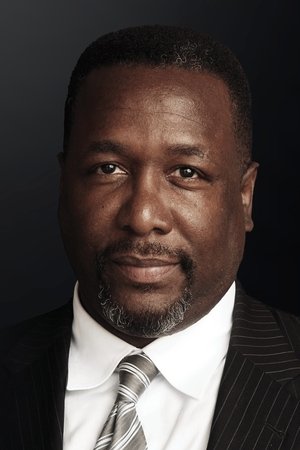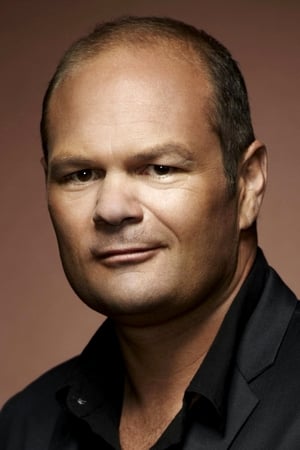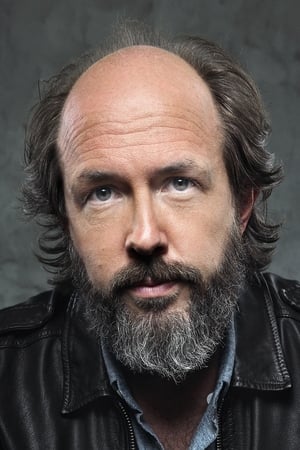⭐⭐⭐⭐
Rating: 3.5 out of 5.Thunderbolts* rips several pages from DC’s guidebook of grim and dark storytelling to deliver something Marvel desperately needed: a fresh, daring, and surprisingly emotional superhero film.
After years of quirky, safe, and forgettable content post-Endgame, Marvel finally breaks from its formula and serves up a movie that doesn’t treat its audience like sugar-hyped toddlers. This time, they’ve made a real film—dark, messy, and unafraid to dwell in its characters’ pain.

From the opening scene, the tone is clear: this isn’t your usual MCU fare. Gone are the neon colors and endless one-liners that undercut any dramatic weight. In their place is a story about broken people, struggling to make sense of their trauma, bad decisions, and the emotional wreckage they leave behind.
Thunderbolts straps together a band of unlikely antiheroes—many pulled from the depths of the MCU’s past—and wraps their journey in duct tape, emotional baggage, and just enough hope to keep it from collapsing under its own darkness.

Florence Pugh leads the charge as Yelena Belova in a performance so raw it’s almost jarring for a Marvel movie. She’s not just the snarky little sister anymore—she’s burnt out, disillusioned, and suffocating under the weight of her grief. Her third-act breakdown is one of the most powerful connecting moments the MCU has delivered in years, a reminder that these characters can have real depth when written as actual people, not punchline machines.

Wyatt Russell’s John Walker is another standout, grappling with the crumbling remains of his ego and a marriage falling apart. His desperation to matter again makes him both tragic and terrifying. Sebastian Stan’s Bucky gets his best material since The Winter Soldier, forced to confront the uncomfortable truth that bureaucracy and good intentions often solve nothing. Even David Harbour’s Red Guardian—usually the comic relief—gets a humanizing moment that hits harder than any of his punches.

Then there’s Lewis Pullman’s Robert Reynolds, aka Sentry—a being of godlike power with the psychological stability of a collapsing mine shaft. Think Superman on meth. Pullman sells the terrifying unpredictability of a man whose worst enemy might be himself. In fact, Thunderbolts* smartly flips the usual superhero script: the greatest threat isn’t some alien or AI—it’s the team’s own trauma, mistrust, and mental instability.
The action, too, feels evolved. It’s not just CGI explosions and faceless henchmen. When violence happens here, people die—and they matter. Every broken bone and shattered building comes with emotional weight. The stakes finally feel real.

That’s not to say the film is without flaws. Hannah John-Kamen’s Ghost is sorely underused, reduced to a power set without a purpose. Julia Louis-Dreyfus’ Valentina remains more caricature than character, though at least she’s an entertaining one. And yes, the ending leans into the “power of friendship” trope just a little too cozily after so much gritty realism.
Still, Thunderbolts* lands more hits than misses. It dares to slow down, to breathe, and to trust that its audience actually wants good storytelling—not just rapid-fire quips and cameo bait. It reminds us why we fell in love with these kinds of movies in the first place: because when done right, superheroes aren’t just escapism—they’re reflections of our own brokenness, strength, and need for connection.

Final Verdict: Thunderbolts* is the wake-up call Marvel needed. Raw, emotional, and surprisingly grounded, it’s the first time in years the MCU has felt alive again. If you’ve been burnt out by the franchise’s recent offerings, this is the one that might restore your faith. Don’t miss it.
And yes, there are 2 after-credit scenes.







































Fun, I liked it!